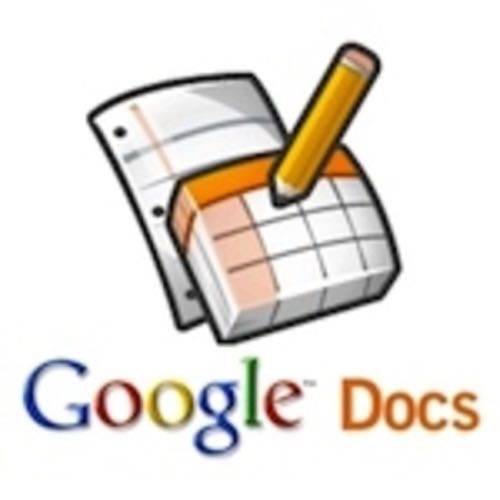Google Docs now has improved spell-checking that draws from the whole Web instead of a fixed dictionary. The spell-checking in Docs will now constantly evolve as Google’s search robots crawl the Web and receive new queries from users.

Just as the Google search box can fix spelling mistakes based on Web results, Google Docs spell-check can now make contextual suggestions. If you accidentally type “let’s meat tomorrow morning,” Google Docs can now suggest “meet,” even though “meat” is also a word in the dictionary. It will also now recognize newly invented words and pop culture references.

This is a perfect demonstration of the strengths of Google’s applications, which are built on top of its mission to “organize the world’s information” in its index. Google Docs already has a surprisingly powerful feature set for a free Web app, but now it adds Web-sized intelligence to the mix.
Why does Google do this? Because it wants to better understand human language. It’s a win-win for Google and users, because the smarter Google gets about human language, the better it can understand what we’re looking for.
The new spell checker is currently available in English documents and presentations only. Google plans to add it to more languages “soon.”

















